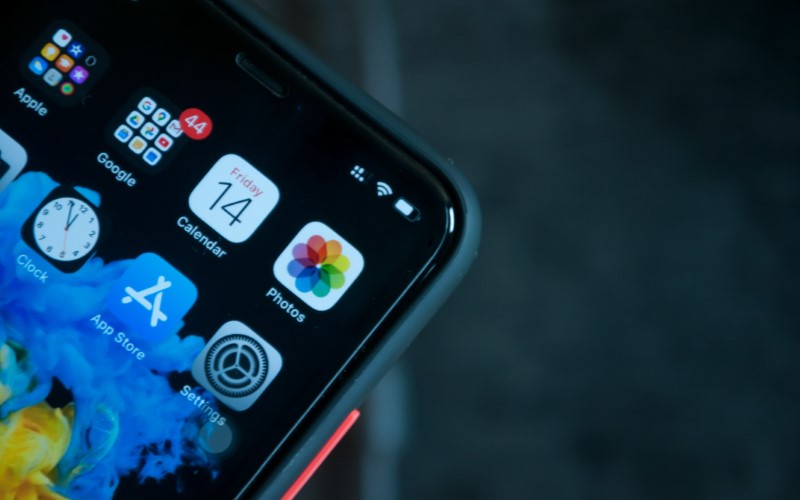Why Apple Could Be Planning to Issue Security Patches Separately From iOS Updates

Many iPhone users are familiar with downloading a new update available for iOS, the operating system built into iPhones as standard. However, it’s always been very much an all-or-nothing experience, as security updates have routinely been lumped in with new features and bug fixes.
Well, this is something that could be about to change, judging from a recent discovery by 9to5Mac. The Apple news site uncovered evidence that Apple will soon allow iPhone users to install security patches separately from major releases of iOS – but why is the Cupertino-headquartered firm intent on this shift?
To align the iOS update experience with the Mac’s
9to5Mac made its discovery when looking deeply into the internal codes of the fourth beta version of iOS 14.5 back in March. The news outlet sites a “new section added to the iOS software update menu” revealing that standalone security updates will be available for users of both iPhones and iPads, which run iPadOS.
As a result, users would be able to decide whether to install full updates and or opt just for security updates instead. However, the site emphasized that “we don’t yet have more details about this change”.
9to5Mac has suggested one simple reason why Apple might have decided to make this move: because it has already largely done so with macOS, the operating system on the company’s desktops and laptops. If someone uses a Mac running an older iteration of macOS, like macOS Mojave, that user can choose to get security patches and bug fixes without needing to install the latest major version of macOS.
Because Android does it, too
The Android Authority website suggests another, perhaps more surprising source of inspiration for Apple’s adjusted approach to software updates: yes, Google’s own mobile OS, Android. The site points out that OEMs (original equipment manufacturers) of Android devices can provide these with not just major Android updates but also, separately, monthly Android security updates.
All of this means that Android users don’t need to install the latest Android version before they can get hold of the latest security updates. Android Authority suggests that, by switching to this update system for iOS, Apple could enable itself to “quickly deliver security patches” and “theoretically make iOS a whole lot more secure.”
How could you further enhance your older phone’s security?
As Apple has recently issued an array of security patches to iOS 12, the company is obviously keeping in mind the security of devices that are incompatible with the latest major version of iOS. This situation lends even further weight to the rumors about Apple possibly preparing a change to its update system.
As a general rule, if you want to use your phone for business purposes, you should make sure that this device has the latest security patches installed and, if those patches aren’t available for it, replace the phone with a newer model. You should also look into installing various cybersecurity tools from a company such as Wandera on that device to further enhance its security.
Cover Photo by Sumudu Mohottige on Unsplash

